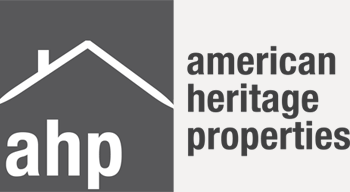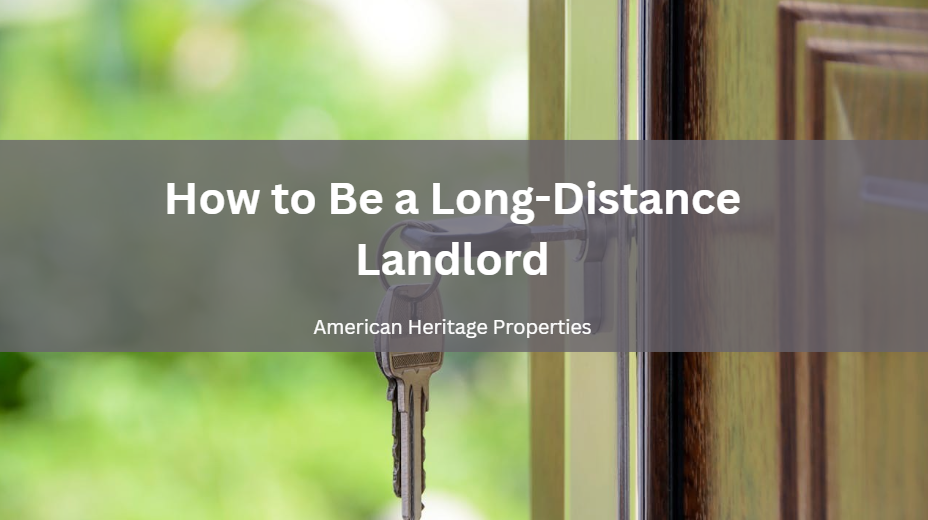Guide to Making a Solid Lease Agreement For Your Rental Property

A lease agreement is a legal contract that defines the obligations and rights of both the landlord and tenant. Having a clear, well-written lease can help prevent disputes, clarify expectations, and provide a framework for resolving issues that may arise during the rental period. In this guide, we’ll walk you through the key components of drafting a strong lease agreement, explain why these elements matter, and highlight the importance of disclosures.
How to Draft a Lease Agreement
The goal is to create a clear, detailed document that outlines the terms of the rental arrangement. The key steps involved in drafting a strong lease are:
Create a Template
Templates help ensure that you don't leave out important disclosures or policies. Many templates are available online and can be customized to fit your specific needs. However, be cautious when using templates found online — make sure they comply with local laws and fit with your specific property’s needs.
Clearly Define the Terms
The lease agreement should clearly define the rental period, the rental price, payment due dates, and any penalties for late payments. It should also list vital policies, tenant and landlord rights and responsibilities, and important rental laws. The more detailed you are, the less room there will be for confusion later on.

Hire a Property Manager
If you find the process of drafting and managing lease agreements overwhelming, hiring a property manager can be a smart solution. A qualified property manager can handle not only the day-to-day operations of the residential rental property but also the legalities involved in lease agreements.
The Importance of a Leasing Agreement
A lease agreement is crucial because it provides a legal record of the rental terms. This document can be referred to in the event of any disagreements or misunderstandings between the landlord and tenant. A well-structured lease can also prevent issues such as late payments, property damage, or unauthorized tenants. In the absence of a lease agreement, a landlord may have difficulty enforcing their rights as the property owner.
The Role of Disclosures in Lease Agreements
Disclosures are an essential part of any lease agreement. These are statements that landlords are legally required to provide to tenants. Depending on the location of the property and the nature of the rental, here are several types of disclosures that may be required:
- Lead Paint Disclosure - If the rental property was built before 1978, federal law requires landlords to provide tenants with a lead paint disclosure.
- Mold Disclosure - In some states, landlords must disclose the presence of mold or any history of mold issues in the property.
- Pest Control Disclosure - Some states require landlords to inform tenants about past pest control treatments or current pest problems.
- Security Deposit Laws - Some states have specific disclosure requirements regarding how and when the security deposit will be returned.

Key Elements Every Lease Should Include
Here are some of the essential components every lease should include:
- Names of All Parties - The lease should identify the landlord and all tenants by their full legal names to clarify who has the right to live in the rental property.
- Security Deposits - Specify the amount of the security deposit, conditions for its return, and any potential deductions.
- Rental Property Description - A detailed description of the property should include the address, unit number, and any specific areas around the property that are part of the rental agreement.
- Lease Term - Clearly state whether the lease is for a fixed term or a month-to-month rental. If it’s a fixed-term lease, include the start and end dates. If it’s a month-to-month lease, specify the required notice period for both parties to terminate the agreement.
- Rent Payment Term - Outline the monthly rent amount, the due date, and acceptable payment methods. Include information on late fees and any grace periods for late payments.
- Utilities - Specify which utilities are included in the rent and which ones the tenant is responsible for.
- Maintenance Responsibilities - Indicate who is responsible for routine maintenance, repairs, and upkeep.
- Pet Policy - If pets are allowed, specify any restrictions and any additional pet deposits or fees.
- Rules and Regulations - Include any additional rules or regulations related to the property, such as noise restrictions, smoking policies, or parking rules.
- Eviction Terms - Explain the conditions under which the tenant can be evicted.

Critical Clauses and Policies to Address
Here are a few other clauses and policies that landlords should consider including in their lease agreement:
- Right of Entry - Add a clause that explains the landlord’s right to enter the rental property, including the notice required before entry.
- Renewal or Termination Options - If the lease is for a fixed term, specify whether the lease can be renewed and the process for doing so.
- Subletting and Assignments - If you don’t want tenants to sublet the property or transfer the lease to someone else, include a clause that prohibits it or sets conditions for approval.
- Alterations to the Property - If you don’t want tenants making changes to the property, include a clause that restricts or outlines the process for making alterations.
- Insurance Requirements - Some landlords require tenants to obtain renters’ insurance, which can protect both the tenant’s personal property and the landlord’s property in case of damage or theft.
Bottom Line
A solid lease agreement is essential for protecting both you and your tenants. By addressing the key components outlined above, you can avoid common pitfalls and ensure a smooth landlord-tenant relationship. Additionally, including the necessary disclosures and clauses can help protect you legally and ensure that your tenants are informed of their rights and responsibilities.
At American Heritage Properties, our team is experienced in helping landlords create clear, comprehensive lease agreements that protect their interests while complying with all local and state laws. If you want solid and legally sound lease agreements, contact our property management team today!









